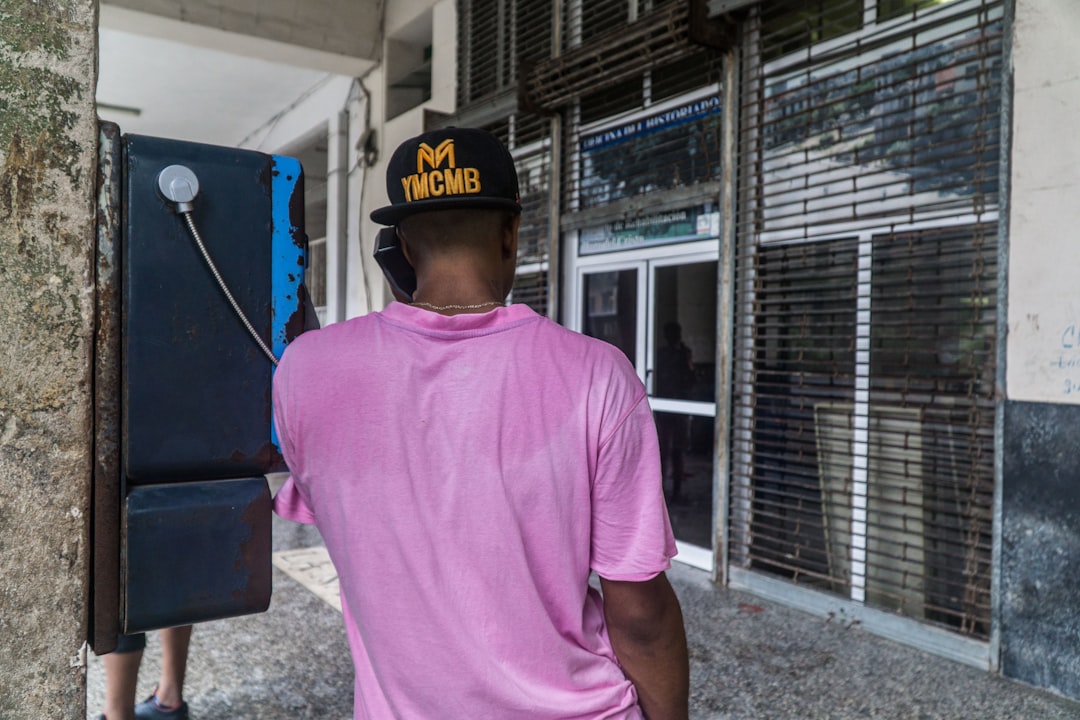Robocalls offering home improvement services have become a growing problem in Kansas City, with many residents facing unwanted and potentially fraudulent marketing calls. The Telephone Consumer Protection Act (TCPA) regulates these automated telemarketing calls. If you've received deceptive robocalls, you may be able to take legal action, including suing for robocalls under Missouri law, by contacting a specialized Spam Call law firm or lawyer who handles TCPA cases. Distinguishing between legitimate calls and scams is crucial to protect against unwanted intrusions and potential financial losses. If harassed by repeated robocalls, consider consulting with a Missouri-based law firm specializing in spam calling and TCPA cases to explore compensation for emotional distress or privacy loss.
In today’s digital era, home improvement scams and legitimate offers often arrive in the form of robocalls. Kansas City residents are increasingly facing a deluge of automated calls promising discounts or warning of potential issues with their properties. This article explores the distinction between genuine services and fraudulent schemes, empowering Kansas City folks to make informed decisions. We also delve into legal options, specifically addressing whether you can sue for robocalls in Missouri under relevant spam call laws, providing insights from a specialized Spam Call Law Firm in Missouri.
Understanding Home Improvement Robocalls in Kansas City

Home Improvement robocalls have become a common nuisance in Kansas City, with many residents receiving unsolicited calls advertising home repairs, renovations, or maintenance services. These automated phone calls, often delivered en masse, are usually an indication of a marketing strategy used by companies to reach potential customers. However, distinguishing legitimate business practices from fraudulent activities is crucial, especially as some of these robocalls may be scams aimed at taking advantage of unsuspecting consumers.
In Missouri, including Kansas City, the Telephone Consumer Protection Act (TCPA) governs robocalls and sets restrictions on businesses making automated calls for telemarketing purposes. If you feel that a home improvement company’s robocall was not only unwanted but also deceptive or fraudulent, you may have legal options. You can consider contacting a reputable Spam Call law firm or lawyer in Missouri who specializes in TCPA cases to understand your rights and explore potential avenues for legal action, including the possibility of suing for robocalls under Missouri law.
Legitimate vs. Scams: Identifying Safe and Unsafe Practices

In Kansas City or anywhere in Missouri, distinguishing between legitimate home improvement robocalls and scams is crucial to protect yourself from unwanted intrusions and potential financial losses. Legitimate businesses often use automated dialing systems to reach a wide audience, but they respect consumer privacy and follow strict guidelines set by the Telephone Consumer Protection Act (TCPA). These companies offer valuable services and products, providing clear opt-out options for those who prefer not to receive such calls. On the other hand, robocall scams often masquerade as legitimate offers, using aggressive sales tactics and misleading information to trick unsuspecting consumers. They may promise unrealistically low prices or threaten with fake consequences if you don’t respond immediately.
If you’ve received questionable home improvement robocalls in Missouri, understanding your rights is essential. The TCPA allows individuals to sue for damages if they’ve been subjected to unwanted robocalls, and a reputable spam call law firm or lawyer in Missouri can guide you through the process. You may be entitled to compensation, especially if the calls violate your privacy or cause emotional distress. Don’t hesitate to consult with legal experts who specialize in TCPA cases, such as top-rated spam call law firms in Missouri, to explore your options and take appropriate action, including suing for robocalls in Missouri, if necessary.
Legal Recourse: Can You Sue for Robocalls in Missouri?

If you’ve received unwanted robocalls in Kansas City, you might be wondering if there’s any legal recourse. The good news is that there are laws in place to protect consumers from spam calls. In Missouri, the Telephone Consumer Protection Act (TCPA) prohibits automated or prerecorded calls to cellular phone numbers without the caller’s prior express consent. If you’ve been harassed by repeated robocalls, you may have a case and could potentially sue for damages.
Spam call law firms in Missouri specialize in representing victims of such practices. They can help determine if a call was made in violation of the TCPA and guide you through the legal process. Many of these firms offer free consultations to discuss your options, including potential compensation for emotional distress or loss of privacy caused by the robocalls. Remember, knowing your rights is the first step towards stopping unwanted calls and seeking justice.






